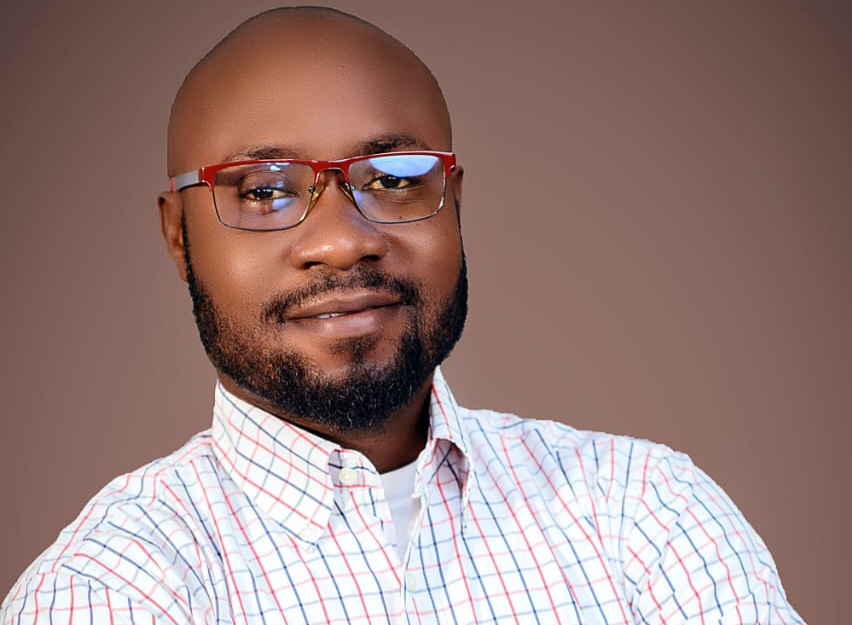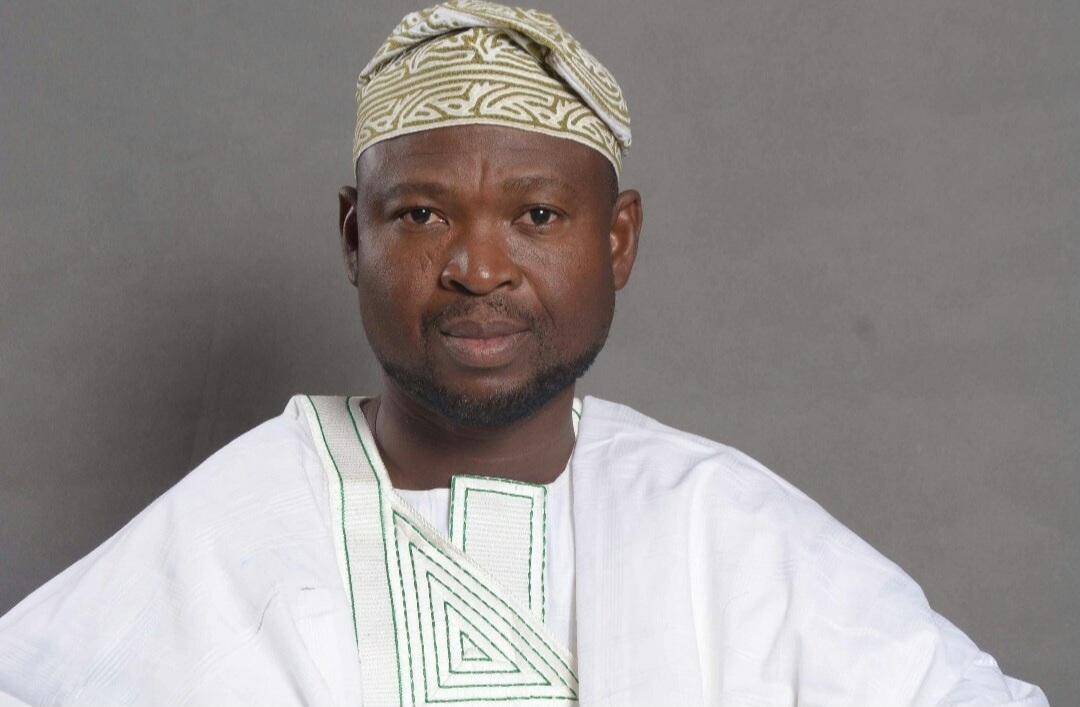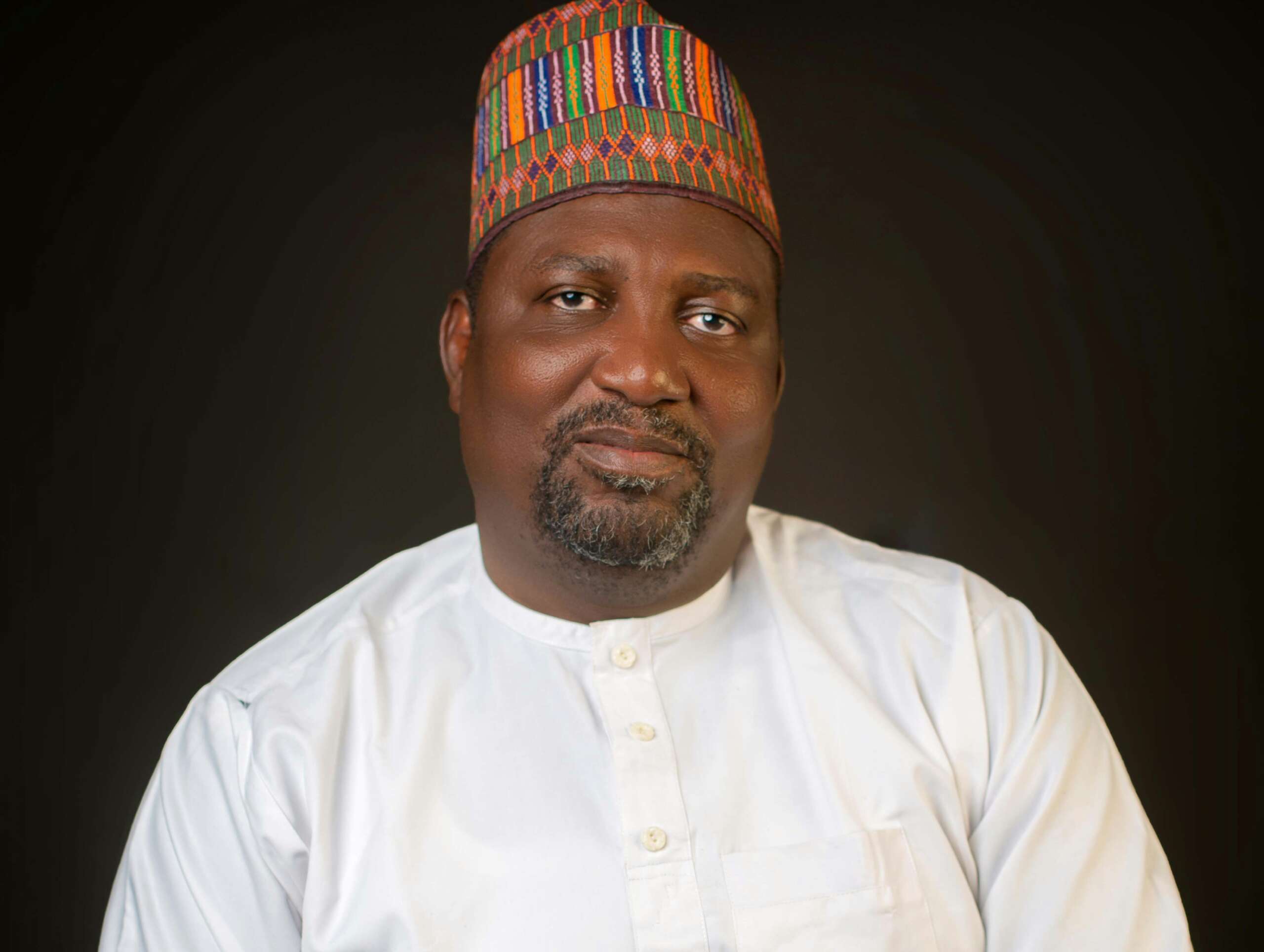 A Mortgage Banking Expert and Financial Educator, Mr. Philip Omosola, has said the issue of affordable housing in Nigeria has become increasingly urgent, particularly for low-income earners, as the country’s rapid population growth, urbanization, and limited access to financing options have led to a housing crisis.
A Mortgage Banking Expert and Financial Educator, Mr. Philip Omosola, has said the issue of affordable housing in Nigeria has become increasingly urgent, particularly for low-income earners, as the country’s rapid population growth, urbanization, and limited access to financing options have led to a housing crisis.
Omosola who noted that with over 200 million people, the country needed approximately 20 million housing units to meet the demands of its growing population.
According to Omosola, “Despite the tremendous demand for housing, millions of Nigerians remain unable to afford mortgages that would help them achieve the dream of owning a home.
“The core of this challenge lies in affordability and accessibility, which continue to serve as formidable barriers, especially for low-income earners”.
Omosola stated further that; “the high cost of land, construction materials, and the lack of affordable financing options have made homeownership a distant dream for many Nigerians, particularly those in the lower-income brackets
The situation is compounded by the fact that only a small percentage of Nigerians have access to formal mortgage financing. Traditional banks often require substantial collateral and high interest rates, making it difficult for low-income earners to qualify for loans.
As a result, the majority of the population resorts to informal housing arrangements, which are often substandard and lack basic amenities.
“I have spent over 15 years in the mortgage and insurance industry, and I have always advocated for more inclusive and sustainable mortgage solutions. In my experience, the key to alleviating this crisis is not just in building more houses, but in making them accessible to those who need them most”
He said “one of the most significant tools for addressing the housing deficit and promoting homeownership is the availability of affordable mortgage financing.
“Affordable mortgages can provide the necessary financial support for low-income earners to purchase homes, enabling them to pay off their homes over an extended period while enjoying manageable monthly payments.
Currently, in Nigeria, interest rates on mortgages can exceed 20%, which makes monthly repayments unaffordable for the average Nigerian. This high rate of interest is a major obstacle for low-income individuals, many of whom struggle to make ends meet.
Omosola, emphasized that a fundamental reform in Nigeria’s mortgage landscape must involve a reduction in interest rates, which will make home loans more accessible and affordable.
“Lower interest rates will not only enable more Nigerians to access mortgage financing but will also boost the confidence of borrowers, knowing that their financial burden is manageable over time.
“Moreover, introducing longer repayment periods, such as 25 or even 30 years as seen in other parts of the world, can significantly reduce monthly mortgage payments.
“This would ease the strain on household budgets, making homeownership an achievable goal for many more Nigerians.
 According to him, ” A major challenge in accessing mortgage loans for low-income Nigerians is the requirement for collateral securities, which is often difficult for first-time homebuyers.
According to him, ” A major challenge in accessing mortgage loans for low-income Nigerians is the requirement for collateral securities, which is often difficult for first-time homebuyers.
Mortgage banks typically demand assets like land or property as collateral, a requirement that is impossible for many individuals who have never owned property before. This creates a major constraint for low-income earners, as they lack the necessary assets to qualify for loans.
“As a result, many are excluded from the formal housing market, further entrenching the cycle of poverty and preventing them from achieving homeownership. Addressing this issue is critical to making mortgages more accessible for those who need them most.
Another significant challenge for low-income Nigerians is the traditional method of credit assessment. Many low-income earners do not have access to the formal financial sector or can not provide the conventional documentation required by banks, such as pay slips or tax returns. This often leads to their exclusion from the mortgage market.
Beyond providing affordable mortgages, there is a growing emphasis on building sustainable and energy-efficient homes.
“This approach not only reduces the long-term costs of homeownership but also contributes to environmental conservation. Developers are incorporating eco-friendly building materials, energy-efficient appliances, and renewable energy sources such as solar power into new housing projects.
“By doing so, these homes not only reduce energy consumption but also lower the overall cost of living for homeowners, making them more affordable in the long run.
“Additionally, creating vibrant communities with access to essential services such as healthcare, education, and transportation is crucial for ensuring that these new homes contribute to the overall well-being of residents.
“The focus is shifting from merely providing housing to creating sustainable, livable neighbourhoods that improve the quality of life for low-income Nigerians.
No solution to Nigeria’s housing crisis would be complete without strong government intervention. Over the years, the Nigerian government has implemented several initiatives, such as the National Housing Fund (NHF), which aims to provide affordable mortgages to Nigerians”
He, however, said “the effectiveness of the NHF has been limited by factors such as low awareness, bureaucratic bottlenecks, and insufficient funding.
“Additionally, financial literacy initiatives are essential in helping low-income Nigerians navigate the mortgage process. Many Nigerians are unaware of the various mortgage products available to them or lack the knowledge of how to secure a loan.
The government, in partnership with financial institutions, should invest in educating citizens on how to access affordable mortgages, the benefits of homeownership, and the financial responsibilities that come with it”
Omosola further mentioned that building a sustainable future for Nigeria requires more than just infrastructural development; it requires creating an inclusive and accessible housing system.
Affordable mortgage solutions for low-income Nigerians will empower individuals and families to break the cycle of poverty, build wealth, and improve their quality of life” He said





